
Why Is My Cat Meowing So Much? Understanding Excessive Vocalization in Cats
Introduction
Is your cat meowing more than usual? This can be concerning for many cat owners. Meowing is a significant way for cats to communicate. In this article, we’ll look at why your feline friend might be extra chatty. Understanding their vocalizations can help you respond effectively and ensure their well-being.
Speaking of keeping your feline friend happy, have you considered treating them with a Cat Treats Variety Pack? The joy of seeing your cat purr with delight over a new flavor will make you feel like a superstar cat parent!
Summary and Overview
Cats use vocalizations to express needs and emotions. Meowing is their primary form of communication, especially with humans. Different breeds and ages of cats vocalize differently. For example, Siamese cats are known for their loud and frequent meowing. Understanding why your cat meows excessively is vital. It can signal underlying issues that affect their health and happiness. This article will discuss reasons for excessive meowing, potential solutions, and when to consult a veterinarian.
To help manage your cat’s health and well-being, consider getting an Interactive Cat Water Fountain. Cats love fresh, flowing water, and this fountain can encourage them to stay hydrated—because a hydrated cat is a happy cat!
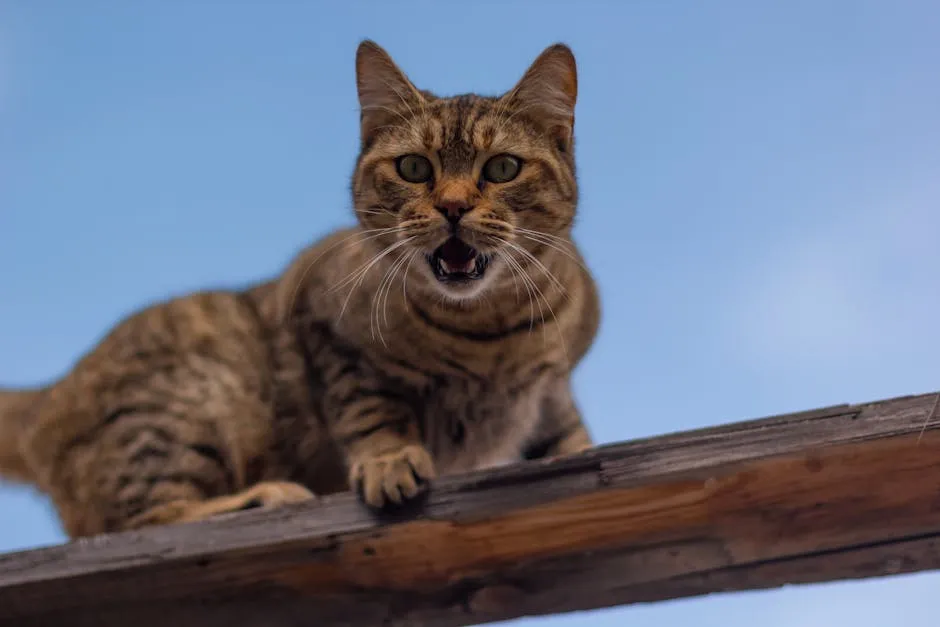
Understanding Cat Vocalization
What Is Meowing?
Meowing serves as a cat’s primary communication method with humans. Cats meow to express various emotions, such as hunger or loneliness. You might notice your cat meowing when you walk through the door or when it’s time for a meal. Interestingly, adult cats seldom meow at each other. Instead, they reserve this vocalization mainly for human interaction. Each meow can carry a different meaning, reflecting your cat’s unique personality and needs.
Now, if your cat is feeling a bit too chatty during mealtime, it might be worth investing in an Automatic Cat Feeder. This nifty device can help regulate their feeding schedule, ensuring they’re not meowing for food when it’s not yet time!
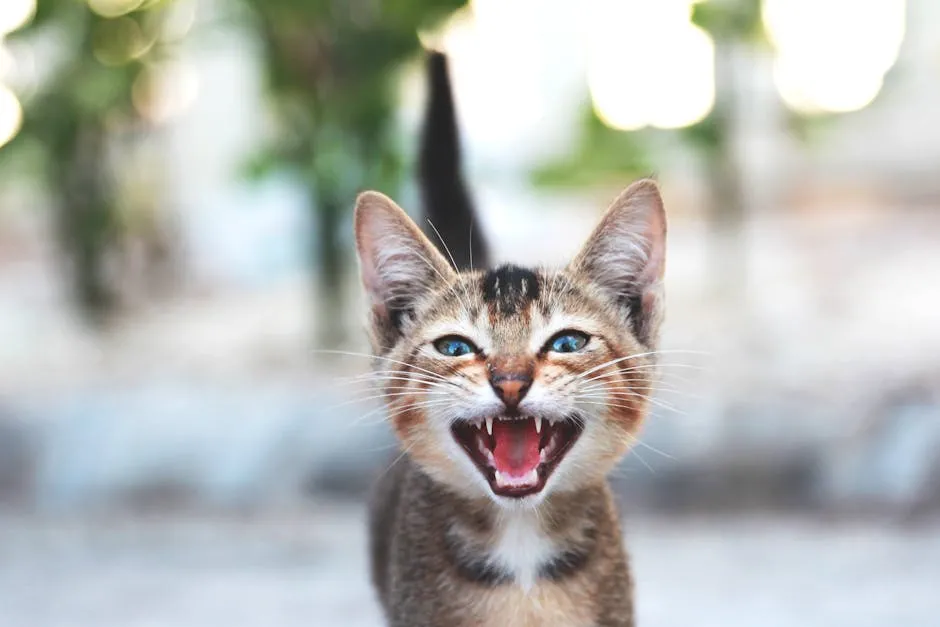
What Constitutes Excessive Meowing?
Excessive meowing is when your cat vocalizes more than usual, which can vary between individual cats and their owners. For instance, a cat may normally meow to signal it’s time for food. However, if your cat starts meowing persistently at night or during moments that disrupt your routine, this could be excessive. Each cat has a unique personality, and some breeds, like the Siamese, are naturally more vocal. Understanding the difference is crucial. If your feline is meowing for attention or food but continues even after those needs are met, it may be time to address the behavior.
To keep your cat mentally stimulated and engaged, consider adding a Cat Puzzle Feeder to their routine. This will not only entertain them but also slow down their eating, which is healthier for their digestion!
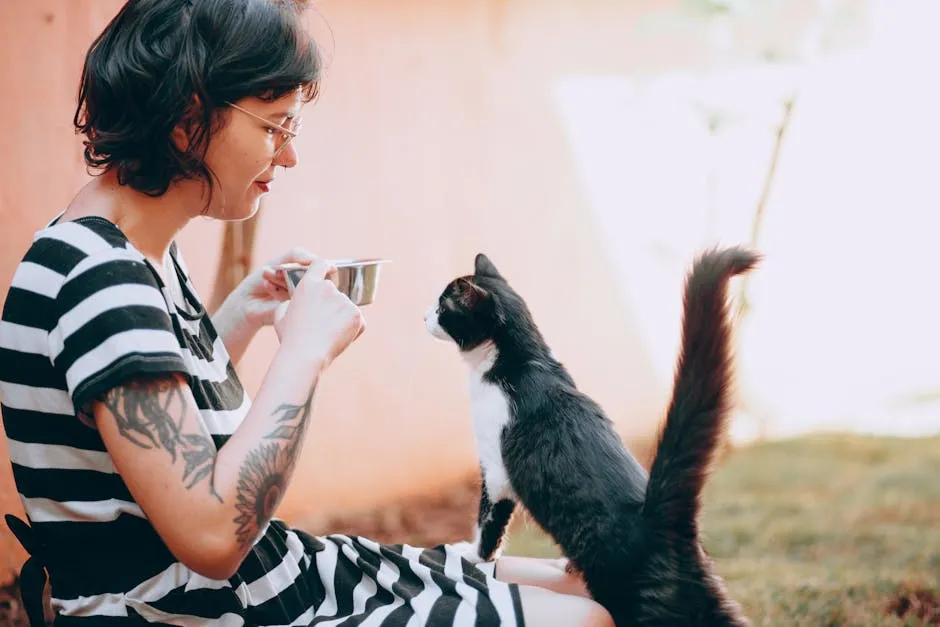
Reasons Behind Excessive Meowing
Attention-Seeking Behavior
Cats often meow to get your attention, especially if they’ve learned that this behavior results in a response. If your cat has been rewarded for vocalizing in the past, they may continue this practice. To manage attention-seeking meows, try to ignore them when they vocalize. Only provide attention when your cat is quiet. This method teaches them that silence is the way to get your love and engagement.
And while you’re at it, why not check out some fun toys to keep your cat busy? An Interactive Cat Toy can provide hours of entertainment and reduce their need to vocalize for your attention!
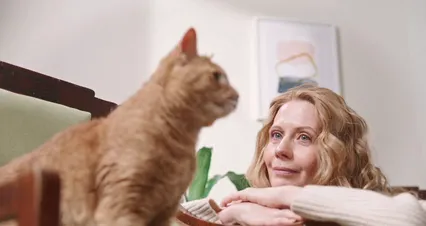
Hunger and Thirst
One of the most common reasons for excessive meowing is hunger or thirst. If your cat is vocalizing near feeding time, they may be reminding you it’s mealtime. To prevent this, establish a consistent feeding routine. Scheduled feedings help your cat know when to expect food, reducing the chances of excessive meowing. Ensure their water bowl is always full and clean, too, as thirst can lead to increased vocalization.
For optimal hydration, consider a Cat Water Fountain, which will encourage your furry friend to drink more water and stay happy and healthy!
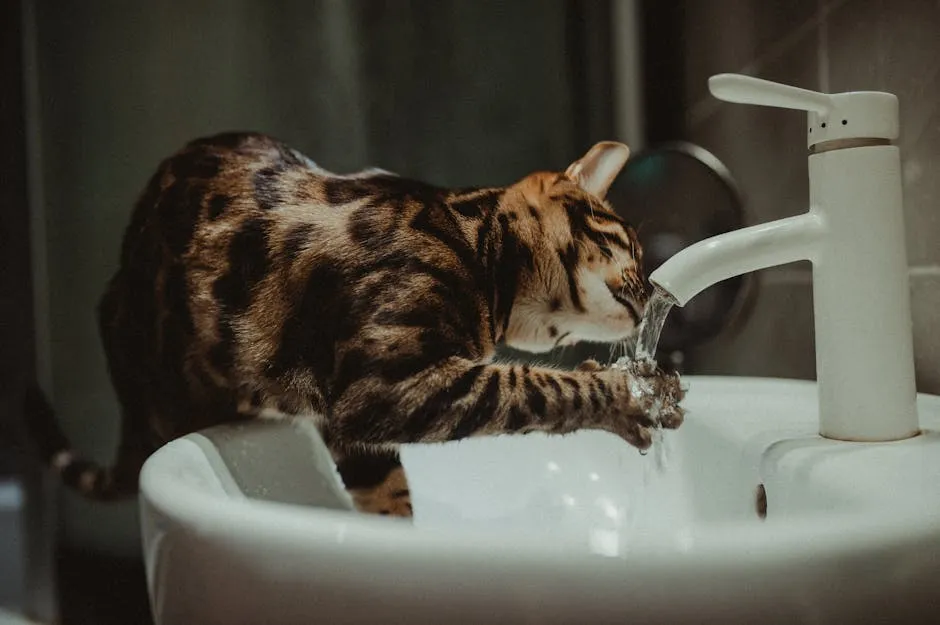
Loneliness or Boredom
Indoor cats can become bored or lonely, leading to excessive vocalization. If your cat is meowing for attention, consider whether they are receiving enough stimulation. Engaging your cat in interactive play can alleviate boredom. Try rotating toys or providing puzzle feeders to keep them entertained. Additionally, consider adding a second cat or providing a cozy spot near a window for them to watch the outside world. This can help reduce feelings of isolation and excess meowing.
To help your cat feel cozy, think about getting them a Cat Bed with Removable Cover. A comfortable place to rest can help alleviate boredom and provide a sense of security!

Stress and Environmental Changes
Cats are sensitive creatures. Changes in their environment can lead to stress and anxiety. For instance, introducing a new pet or moving to a new home can trigger excessive meowing. Your cat might be trying to express their discomfort or seek reassurance. To help calm a stressed cat, create a stable environment. Maintain a consistent routine, and provide safe spaces where your cat can retreat. Incorporating familiar toys and blankets can also help them feel secure. Remember, a little patience and understanding can go a long way in easing your cat’s anxiety.
If you’re worried about your cat’s anxiety, consider using a Cat Anxiety Relief Supplement. These can help calm their nerves and restore peace to your home!
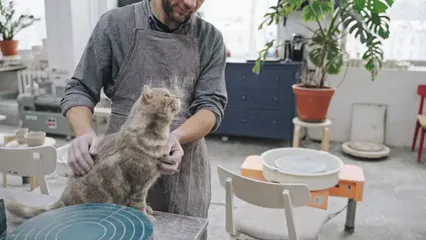
Health Issues
Excessive meowing can signal underlying health problems. Conditions like hyperthyroidism, kidney disease, or cognitive dysfunction in older cats may cause increased vocalization. If your cat suddenly starts meowing more than usual, pay attention to other symptoms. Changes in appetite, weight loss, or lethargy might accompany the vocalizations. It’s essential to consult a veterinarian if you notice these signs. Early detection can lead to better treatment options and improve your cat’s quality of life. Never ignore sudden changes in behavior, as they can indicate health concerns that require immediate attention.
For those moments when you can’t keep an eye on your cat, a Pet Camera can provide peace of mind by allowing you to monitor them remotely!

Desire to Breed
Unspayed female cats in heat often become very vocal. Their meows can be loud and persistent, driven by mating instincts. Similarly, unneutered males may vocalize more when they sense a female in heat nearby. This behavior is natural but can be quite disruptive. The best way to reduce excessive vocalization related to breeding is to spay or neuter your cat. This not only helps control their vocalizations but also prevents unwanted litters. If you haven’t already, consider making this important decision for the well-being of your pet.
Aging and Cognitive Dysfunction
As cats age, they may experience cognitive dysfunction, similar to dementia in humans. This can lead to confusion and increased vocalization, especially at night. If your senior cat is meowing more often, observe their behavior closely. They may be looking for companionship or feeling disoriented. Providing a stable environment and gentle routines can help. If you suspect cognitive decline, consult your veterinarian for guidance. They may recommend strategies or medications to help manage your cat’s symptoms. Monitoring your cat’s behavior is crucial for their health and happiness as they age.

What Not to Do About Excessive Meowing
Avoid Punishment
Punishing your cat for excessive meowing is not effective. Cats don’t understand punishment the way we do. Instead, they may become fearful or anxious. This can damage the trust between you and your cat. Imagine being scolded for expressing your needs! Instead of scaring them into silence, focus on understanding the reasons behind their vocalizations. Building trust is key to a happy relationship with your feline friend.
Don’t Reinforce the Behavior
When your cat meows excessively, it can be tempting to respond immediately. However, giving in to their demands reinforces the behavior. If you respond by feeding them or offering attention, they learn that meowing gets results. This can lead to even more vocalizations. Instead, try to ignore the meowing. Reward your cat with attention only when they are quiet. This teaches them that silence is the way to get your love.
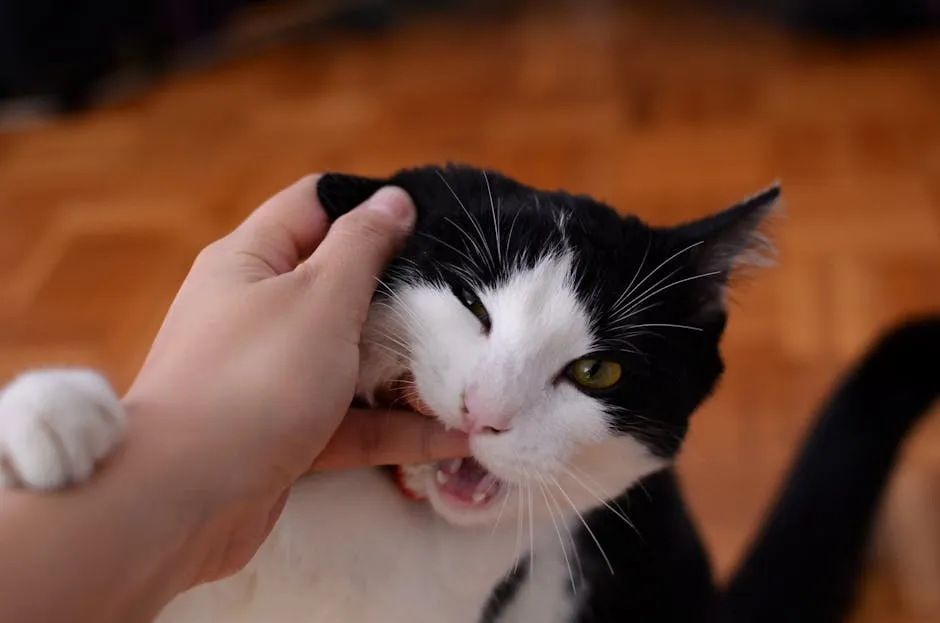
Redirect Instead of Ignore
Ignoring excessive meowing can be useful, but redirection is even better. When your cat starts to vocalize, redirect their attention to a toy or game. Engage them in interactive play or offer a treat for quiet moments. This not only distracts them from meowing but also fosters positive behavior. Creating a fun and stimulating environment will help reduce their urge to meow. A well-entertained cat is a much quieter cat!

Conclusion
Understanding why your cat meows excessively is vital for both their well-being and your peace of mind. Remember, excessive meowing can stem from various reasons, including attention-seeking or health issues. It’s important to approach this behavior with patience and understanding. Always consult your veterinarian if sudden changes occur, as health problems may be at play. Observe your cat closely and respond to their needs thoughtfully. A little attentiveness can go a long way in building a strong bond with your furry companion.
And if you’re ever on the lookout for handy tools, a Cat Grooming Brush can help keep your cat’s coat shiny and healthy, reducing shedding and making cuddle time even better!
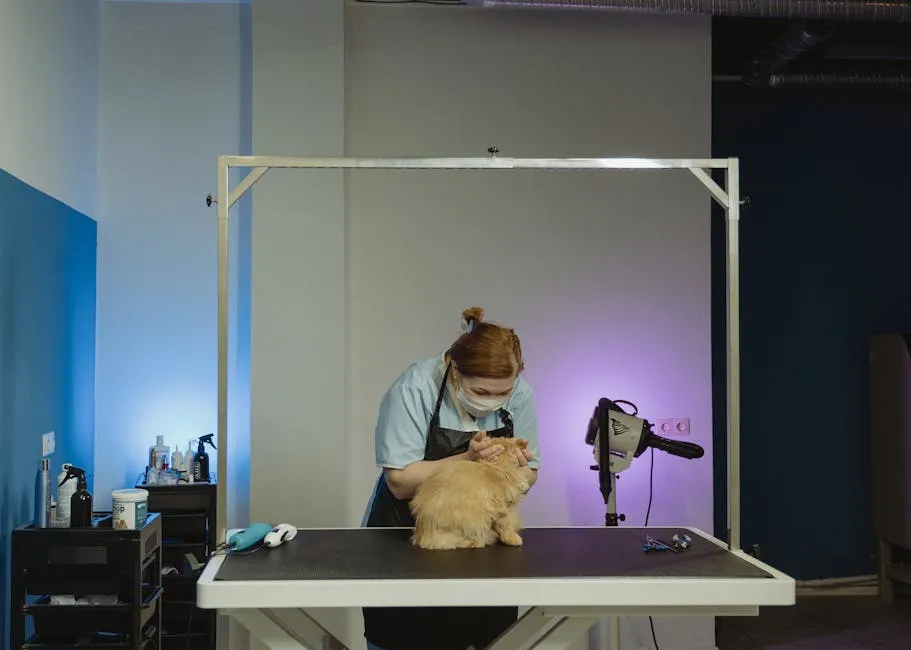
FAQs
Why does my cat meow at night?
Cats are naturally more active at night. If your cat meows during these hours, it could be due to boredom or hunger. Many cats vocalize when they want attention or food. Health issues can also play a role, so monitor their behavior closely.
Is my cat’s meowing a sign of illness?
Yes, sudden changes in vocalization can signal health problems. If your cat starts meowing excessively without an apparent reason, consult your veterinarian. Conditions like hyperthyroidism or pain can lead to increased vocalization.
What should I do if my kitten is meowing excessively?
Kittens often meow to communicate needs. Ensure they have food, water, and a clean litter box. Engage your kitten with playtime and toys. If meowing continues, check for signs of stress or discomfort.
Can I train my cat to stop meowing so much?
Yes, you can modify your cat’s behavior. Ignore excessive meowing and reward quiet moments with attention or treats. Consistency is key! Over time, your cat will learn that silence brings rewards.
Does breed affect how much a cat meows?
Absolutely! Certain breeds, like the Siamese, are known for being vocal. Genetics can influence how often your cat meows. Understanding your cat’s breed traits can help manage their vocalizations.
How can I tell if my cat is meowing for attention or because of a problem?
Pay attention to context. If your cat is meowing for food or playtime, it’s likely seeking attention. On the other hand, if meowing is sudden or accompanied by other concerning behaviors, it may indicate an issue.
When should I take my cat to the vet for meowing?
Consult your vet if your cat’s excessive meowing is accompanied by other symptoms. Signs like weight loss, changes in appetite, or lethargy should not be ignored. Early intervention can help address potential health problems effectively.
Please let us know what you think about our content by leaving a comment down below!
Thank you for reading till here 🙂
If you’re curious about why your cat might be vocalizing more than usual, it’s essential to understand their communication methods. This can help in addressing any potential issues effectively. why is my cat meowing so much
All images from Pexels




